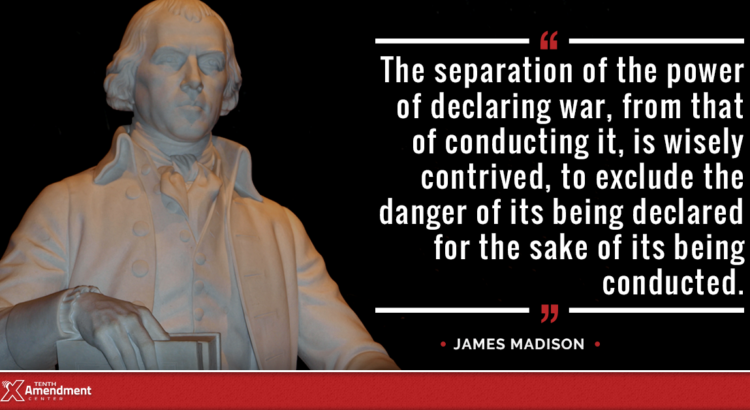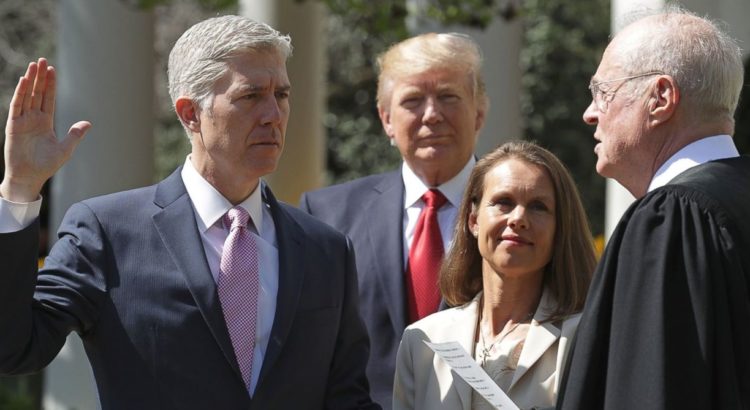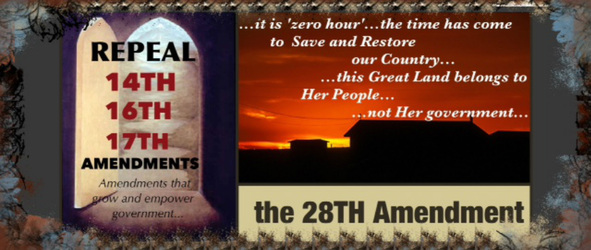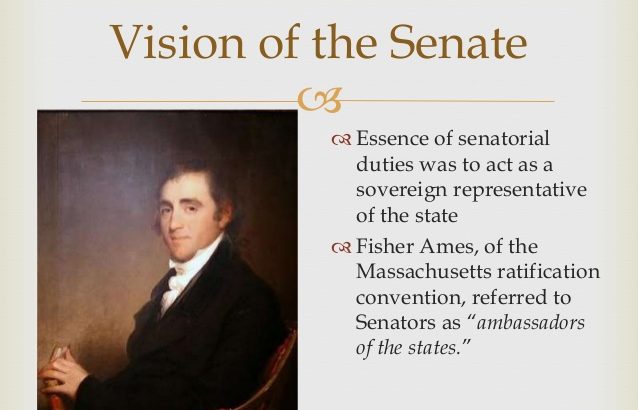We now understand that the power to declare war (see To Declare or Not to Declare, that is the Question – Part VI) can mean either to formally recognize that we are in a state of war after an adversary has attacked the US, or to formally announce that we intend to commence hostilities against an adversary. But against whom do we declare war? Just who is an “adversary” against whom war can be declared?
The meaning of what it is to be “at war” has been muddied up over the past few decades. We hear such phrases as “War on Poverty”, “War on Drugs”, the “Cold War”, and most recently, the “War on Terror.” I think that the reason we have not been as successful in recent military conflicts in which we’ve engaged is because we have lost sight of what war is all about and what it truly is.
The object of a declaration of war, if it is to be understood and carried through to victory, must be specific. In WWII, we declared war against Nazi Germany, Fascist Italy and the Empire of Japan. It was easy for the citizens at that time to focus on and crystalize exactly who we were at war with and what it was going to take to win and return to a state of peace. Yet the examples I gave above are nebulous to say the least. Is it any wonder that we don’t seem to be making much headway? We still have poverty after trillions of government spending/waste. The drug epidemic is spreading like a prairie fire, we’re still at odds with Russia despite the dissolution of the old Soviet Union, and the so-called “War on Terror”? Well……
I find all of these “wars” to be misnomers; an inaccurate use of the term and concept of “war.” Consider the “War on Terror.” Just who is the enemy? Some might say it’s ISIS, Al Qaida, the Muslim Brotherhood, etc, but that is not the enemy we’ve tied to the use of the word “war.” Terror is a means to an end, and therefore cannot be an enemy against which you declare war. Winston Churchill did not declare war against Blitzkrieg when Poland was invaded. No, he asked the British Parliament to declare war against Nazi Germany, the adversary who was utilizing the method of Blitzkrieg to attack a neighboring country. So it must be with us today in how we approach this Muslim menace today.
President Trump should go to the Congress and ask for a declaration of war against the organizations who are perpetrating terror around the globe. The declaration should state that we have been attacked by these adversaries over the years (the Marine Barracks in Lebanon, the USS Cole, the WTC buildings to name a few) and that we will take whatever means necessary to eradicate them. By making this formal declaration it should also put other nations on notice that should they harbor, aide or abet these organizations they will also be considered to be adversarial to our safety and will be subject to incurring whatever damage and suffering might result when we attack these groups that are within their territory. In effect, we are declaring to be at war with them in an indirect manner. This way they are on notice and if they fail to take action themselves to root out those organizations, then the consequences will be on them, not on the US.
To fail to realize exactly who we are at war with and formally stating such will keep us in the condition we have been for the past almost three decades, namely mired down in politically correct battles with no clear victory or peace in sight. Next week, a look at what war really is and how it should be waged.
-June 16, 2017



